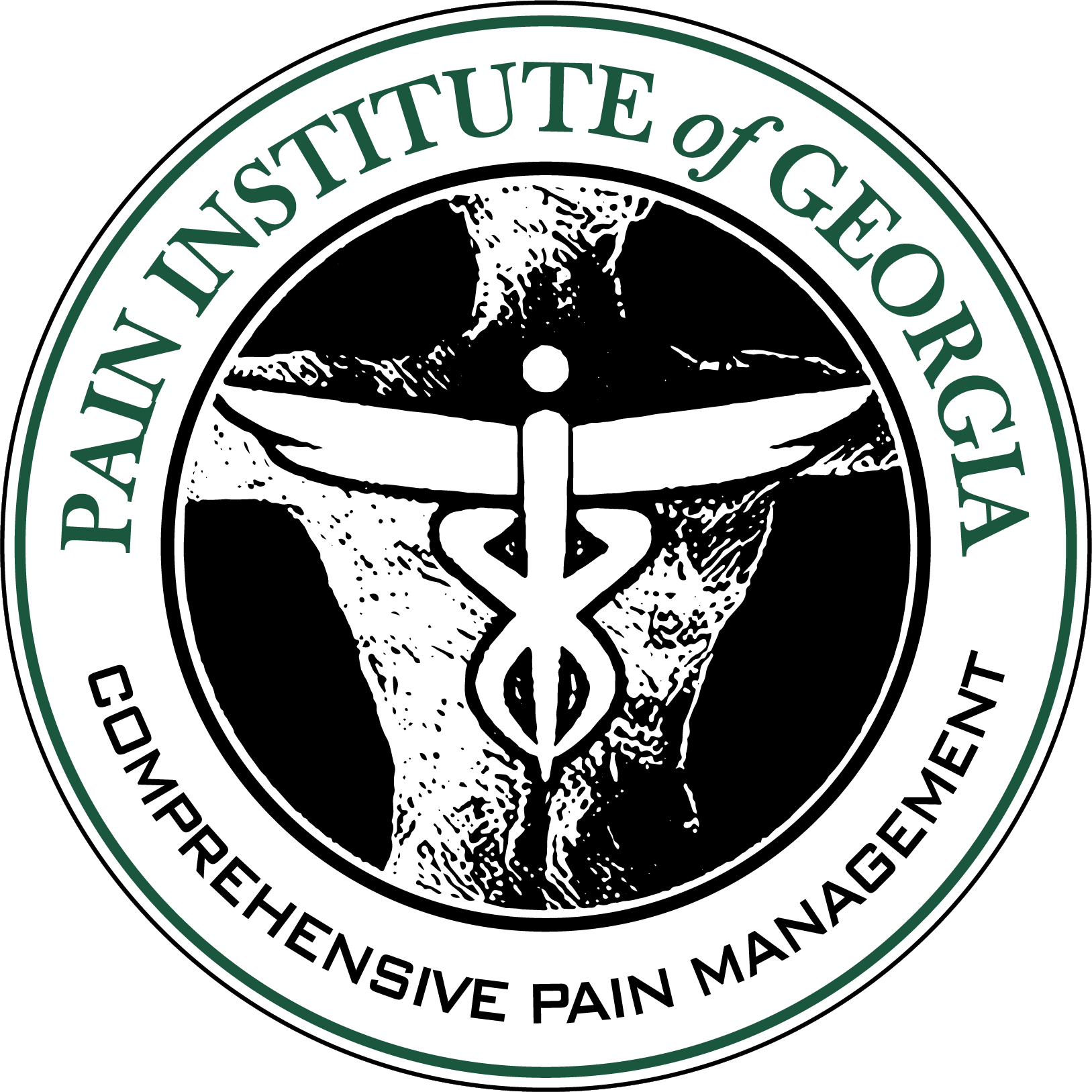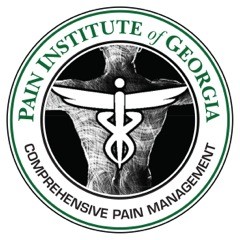Medication Management for Treating Pain

Pain is a complex and multi-dimensional experience that cannot be managed with a one-size-fits-all approach. Therefore, it is important to tailor a medication management plan that meets the unique needs of the individual.
There are a variety of medication options available to treat pain, including over-the-counter (OTC) medications, prescription medications, and complementary and alternative therapies (CATs). Medication management for pain relief should be approached in a collaborative manner between the individual and your doctor at Pain Institute of Georgia.
Guidelines for Choosing the Right Medication
Before starting a medication for pain management, it is important to understand the treatment goals, risks and benefits associated with the medications being prescribed. Each person is unique and different medications may be better suited for them and their pain.
1. Identify the source of the pain: Before selecting a medication for pain management, Dr. Giron, Dr. DeLaPerriere, or Dr. Earls will identify the source of the pain and the underlying cause.
2. Consider underlying factors: It is important to consider any underlying factors that may influence the choice of medication, such as any allergies or sensitivities to certain medications, other existing medical conditions, or lifestyle factors such as diet and exercise.
3. Understand the type of pain: Pain is categorized as either acute or chronic, and this should also be taken into consideration when selecting a medication. The type of pain will dictate the type of medication prescribed.
4. Become educated about the medication: As a medication user, it is important to educate yourself about the medication, its uses, dosage, side effects, and interactions with other medications. Your doctor will provide you with resources that can help you with this education process.
5. Monitor the effects of the medication: Lastly, it is important to monitor the effects of the medication, as well as any side effects, to ensure that it is helping to control the pain as desired.
Selecting an appropriate medication for pain management is a complex process. It should be approached in a collaborative manner
When to See a Pain Specialist
Pain specialists like Dr. Carlos Giron, Dr. Preston DeLaPerriere, and Dr. Julian Earls are healthcare professionals that have extensive training and experience in the diagnosis and treatment of pain. They specialize in treating pain disorders such as chronic back pain, migraines, and post-operative pain. As specialists, they can assess your condition and develop an individualized plan to manage your pain.
It is best to see a pain specialist if your pain is impairing your ability to function or if you are in need of a more comprehensive approach to treatment. Additionally, if you have been living with pain for quite some time and traditional methods of treatment have not been successful, consulting a pain specialist may be beneficial. Pain specialists can play an important role in the treatment of pain disorders, helping individuals reach their goals and find a renewed quality of life.
Tailored Medication Management Plan
When you have an understanding of your pain and what options are available, it is essential to have a plan for managing it. Medication management is an important component of any pain management plan.
Medication management involves working with your doctor to create an individualized plan that meets your specific needs. The plan may include a combination of medications, lifestyle changes and complementary treatments. Your doctor will help you decide on a treatment plan that is best suited for your particular situation.
Creating an effective medication management plan can require patience and open communication between you and your doctor. It may take some trial and error to find the right combination of medications that works for you. It may also require adjustments over time as your needs change.
The goal of medication management is to achieve the most effective pain relief with the lowest risk of side effects. With the help of your doctor, you can create a plan that balances your need for pain relief with your overall health and wellbeing.


